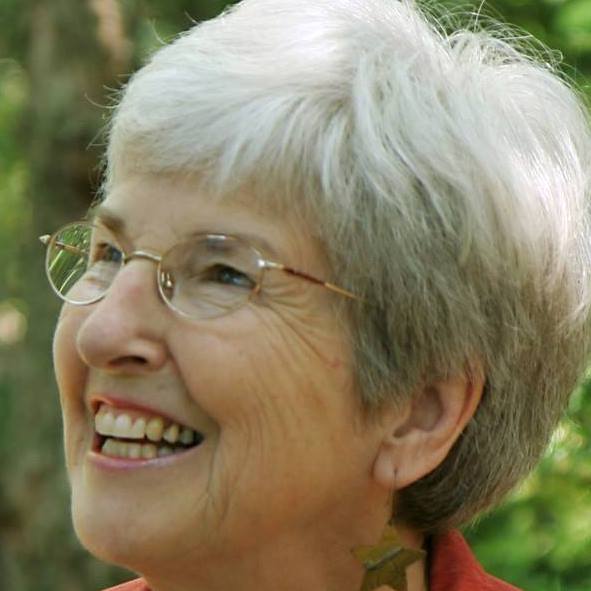
Jill MacLean
Jill MacLean writes to stretch her limits and engage her curiosity. She writes to communicate, to be read. She writes because she loves being inhabited by characters and intertwining their stories in a balance of the intuitive and the rational, not always knowing where she’s going but steered by what feels true.
She has an honours degree in biology and is a keen naturalist. Her masters degree in theological studies, an agnostic’s search for answers, made her questions more sophisticated and encouraged her to write poetry. Her collection, The Brevity of Red (2003), was shortlisted for two awards. Poetry, she’s been told, requires the least number of best words, a good discipline for any writing.
While living in Prince Edward Island, she spent three years researching an 18th century French settlement. Her biography of Jean Pierre Roma, published by the PEI Heritage Foundation, was reissued in 2005.
Her grandson’s request that she write him a book led to three middle-grade novels and two young adult, four awards and numerous nominations, four of them international. Her YA novel, Home Truths, is on the Nova Scotia school curriculum.
She has participated in Writers in the Schools, Word on the Street, the Literacy for Life Conference, the TD Book Tour, Read by the Sea and a conference for the International Board on Books for Young People (IBBY) in London, England. She’s conducted workshops, school presentations and readings, many for the Canada Council, across the country.
She’s hiked the High Arctic tundra and the rainforests of St. Vincent, driven through a very long, one-way, unlit, water-dripping tunnel in the Faroe Islands, kayaked Johnstone Strait and been too close to a grizzly in the Mackenzie Mountains: a strong sense of adventure, in other words. Why else, after writing five contemporary novels for young readers, would she embark on a novel for adults set in 14th century England?
That novel – several years later! – is in the process of being self-published, with the help of a company in BC. She’s hoping to to have a book in hand by late spring.
She was a palliative care volunteer for several years, and has been a dog walker for the Winnipeg Humane Society and the Nova Scotia SPCA. She can often be found in her perennial gardens, a pastime she likens to writing: you start with a rough plan, then nature takes over and you’re left to weed and transplant and weed some more, always with an eye out for interesting suprises.
AWARDS
Winner of the Ann Connor Brimer Award for Children’s Literature, 2009, 2010, 2014
Winner of the Red Cedar Fiction Award, 2014/2015
Honour Book Silver Birch Award, 2009
Nominated for fifteen other Tree Awards across Canada
Certificate of Honour, International Board of Books for Young People (IBBY), 2012
Certificate of Honour, USBBY, 2010
Nominated for Josette Frank Award (NYC), 2010
,
Finalist for Canadian Library Association’s Best Children’s Book of the Year, 2009, 2010, 2014
Nominated for Sylvia Schwartz Children’s Book Award, 2010
Honour List White Ravens, International Youth Library, Munich, 2014
Nominated for the Atlantic Poetry Prize and the Acorn-Plantos Award, 2004
